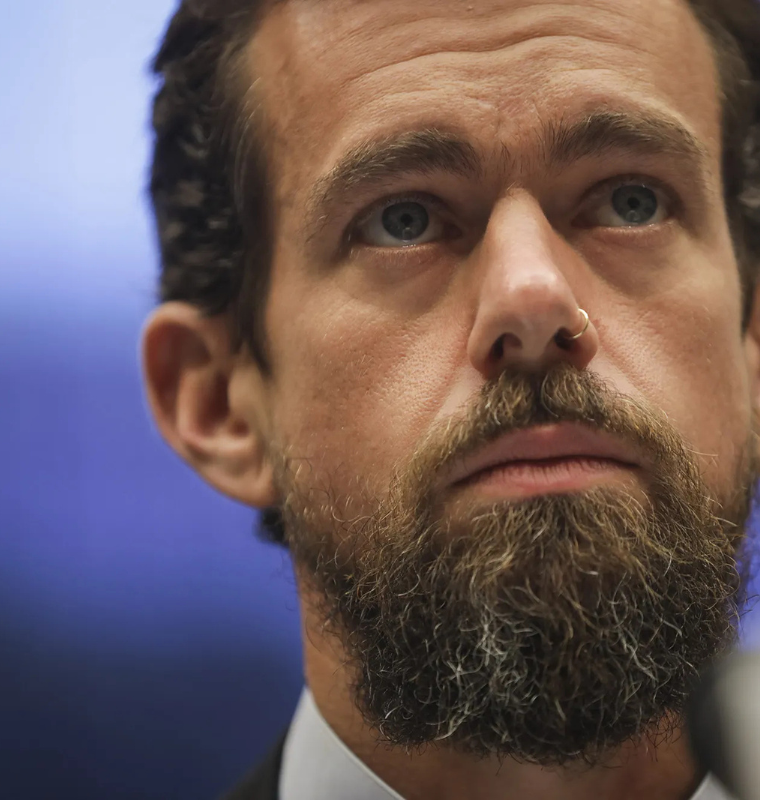U.S. Government Shutdown Poised to Break Record as Senate Deadlock Continues
U.S. Government Shutdown Poised to Break Record as Senate Deadlock Continues
By
Calder Monroe
Last updated:
November 5, 2025
First Published:
November 30, 2025

The ongoing U.S. government shutdown is set to become the longest in American history, hitting 36 days on Wednesday and surpassing the previous record set in early 2019. The latest attempt to pass a short-term funding bill in the Senate failed for the 14th time on Tuesday, leaving federal agencies and employees in limbo.
The standoff reflects deep divisions between the parties. Republicans, holding a narrow Senate majority, are pushing for a temporary measure to maintain federal funding at current levels. Democrats insist any appropriations package must include expanded healthcare spending and protections for Affordable Care Act premium tax credits, which are scheduled to expire at the end of the year. Failure to maintain these subsidies could drive up insurance costs for millions of Americans.
Political Gridlock and the Stakes
Both of the previous longest government shutdowns occurred under President Donald Trump, underscoring how political standoffs can paralyze federal operations. This year’s impasse is fueled by disagreements over healthcare, as well as broader budget priorities, including discretionary spending on social programs and emergency funding.
Democrats have refused to back a “clean” stopgap resolution, arguing that it would leave millions without vital healthcare support. Republicans, meanwhile, have resisted negotiations while the government remains shuttered, citing concerns about fiscal responsibility and the need to maintain current funding levels without additional spending.
Because Senate rules require 60 votes to advance legislation, Republicans must secure support from at least 10 Democrats to pass any temporary funding bill — a threshold that has proven elusive.
Glimmers of Optimism
Despite the stalemate, some Senate Republicans expressed cautious optimism that a resolution could arrive soon. Senator Mike Rounds (R-S.D.) suggested that the length of the shutdown and upcoming elections may encourage Democrats to negotiate. “They’ll be able to tell constituents they’re fighting the President, and that’s a major factor in play,” he said.
Senator Markwayne Mullin (R-Okla.) echoed that sentiment, claiming he is “pretty confident” the shutdown will end in the coming days.
Democratic Skepticism
Democrats remain wary of Republican overtures. Senator Richard Blumenthal (D-Conn.) expressed doubt that a compromise is imminent, stressing that assurances on healthcare coverage are critical. “Talks are a good thing, but so far, I sense no willingness from Republicans to guarantee health insurance for Americans,” he said.
Senator Elizabeth Warren (D-Mass.) highlighted the party’s frustration, noting that while Republicans express optimism, they have yet to engage in meaningful negotiations. “So far, they have come to the table exactly zero times,” Warren stated.
Implications for Americans
The prolonged shutdown affects hundreds of thousands of federal employees, many of whom are working without pay, and millions of Americans relying on government services, including social programs and regulatory agencies. Critical operations such as air traffic control, border security, and national parks are under strain, while delays in funding could ripple through the economy.
As lawmakers remain deadlocked, the record-breaking shutdown underscores the high stakes of partisan battles over healthcare and budget priorities, with millions of Americans caught in the crossfire. The coming days may determine whether the U.S. finally ends the historic funding lapse or faces further economic and political disruptions.
Popular articles
Subscribe to unlock premium content
London’s Gourmet Playgrounds

From Bean to Buzz in Thailand

The Secret Life of Pop-Up Luxury Restaurants in Paris

London’s Gourmet Playgrounds

From Bean to Buzz in Thailand

London’s Gourmet Playgrounds









